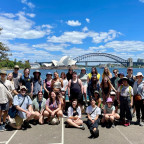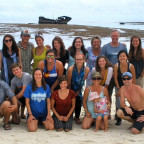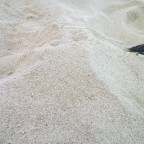Australia Regional Area Study
-
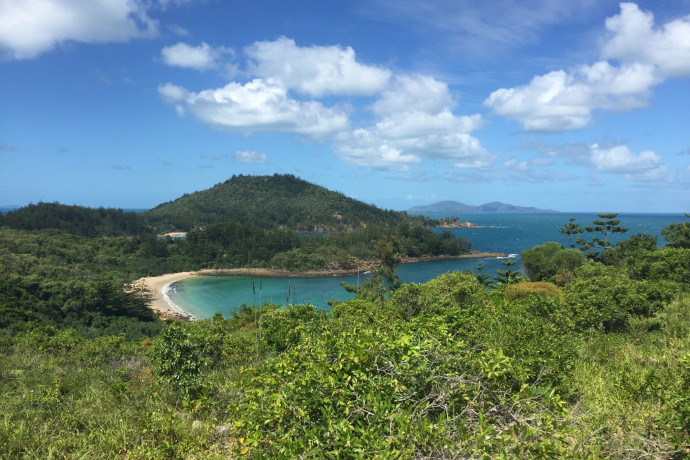
-
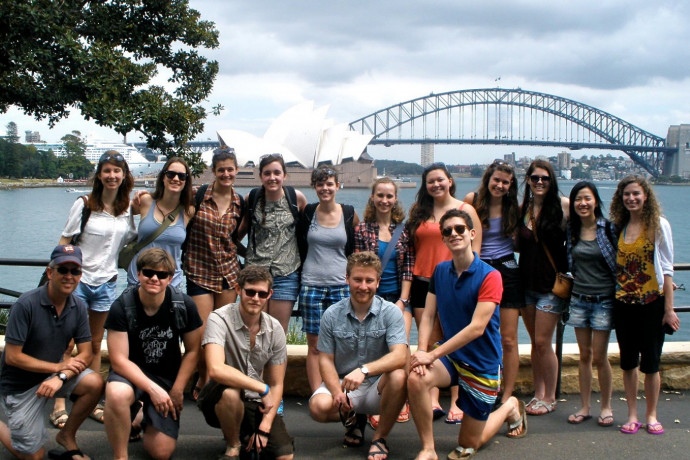
-
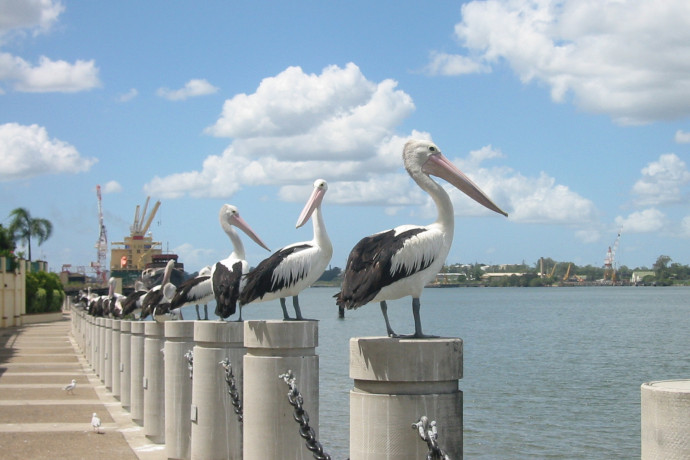
-
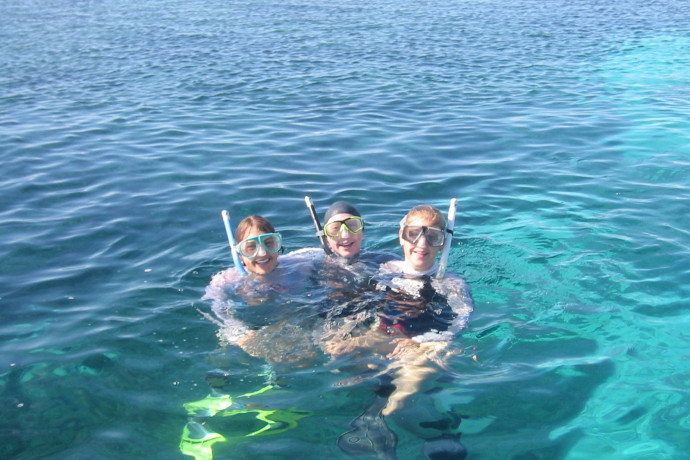
-
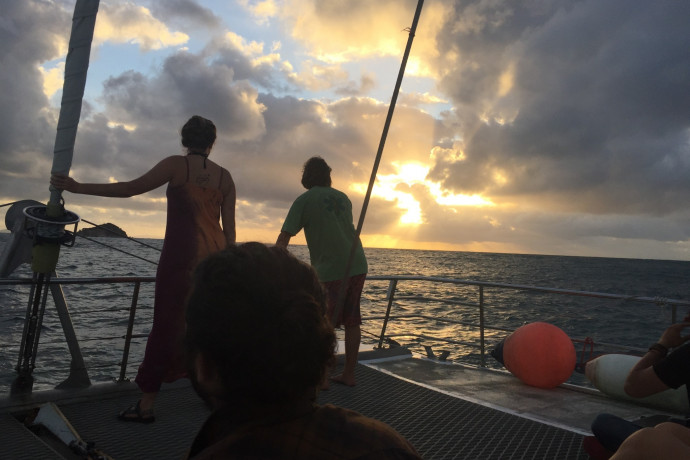
-
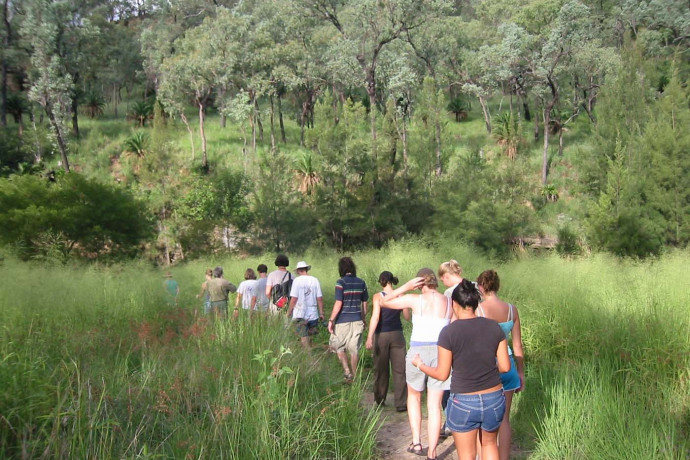
-
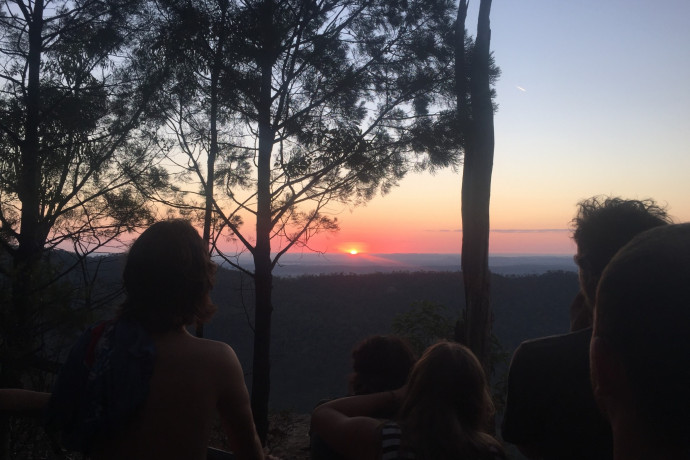
-
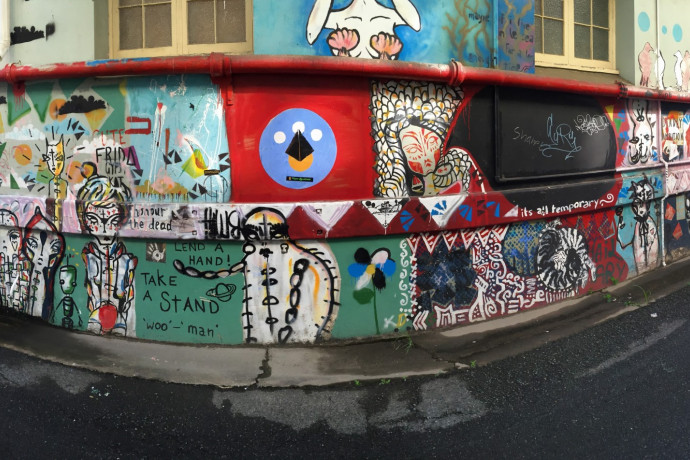
-
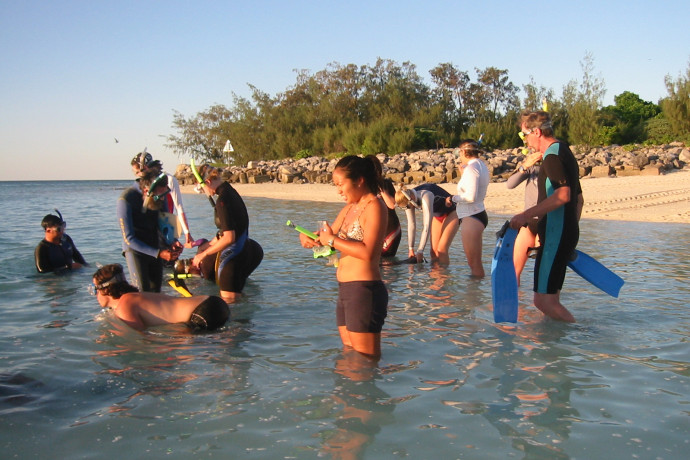
-
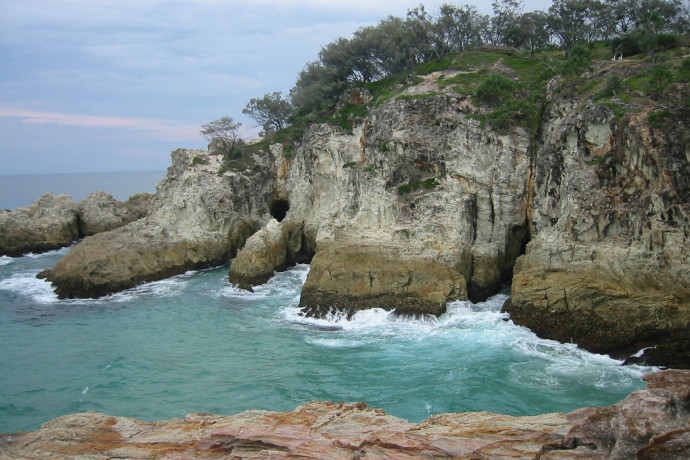
-
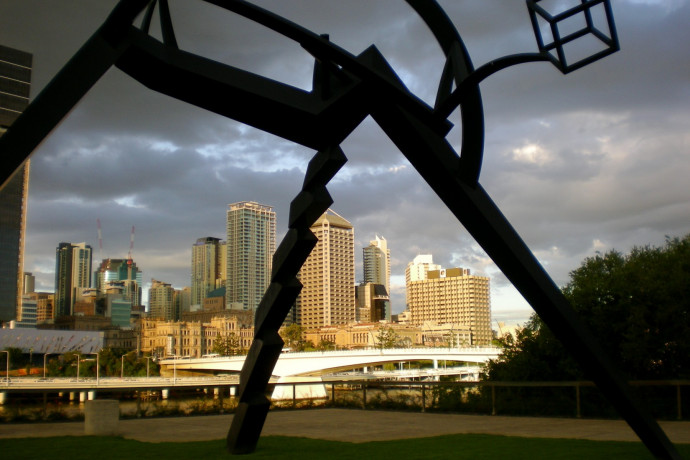
-
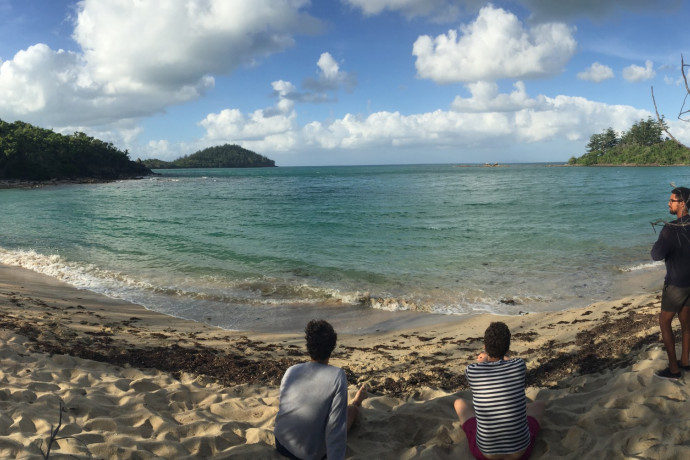
-
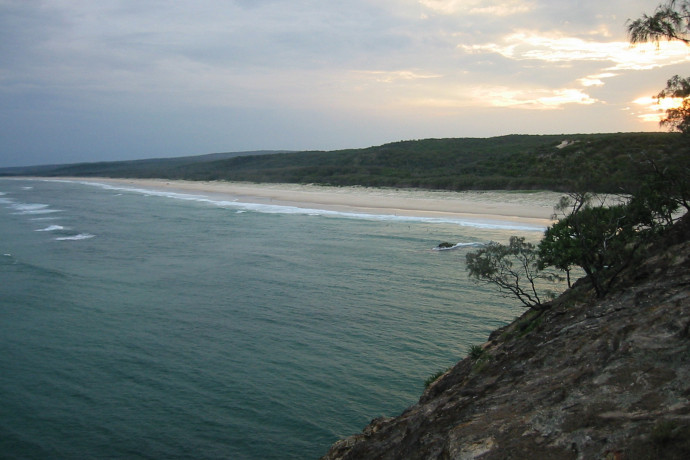
-
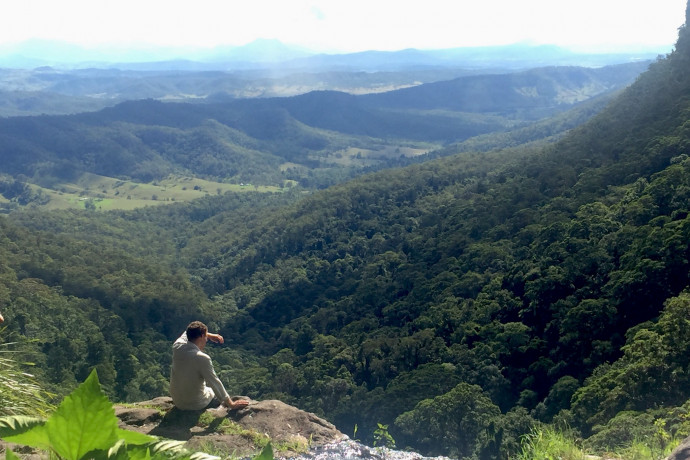
-
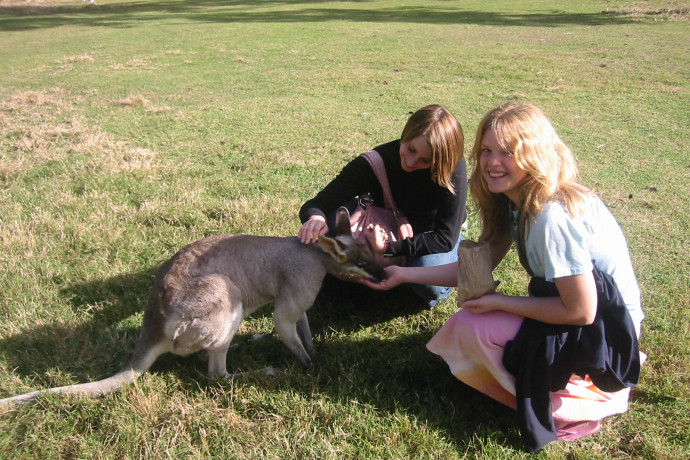
-
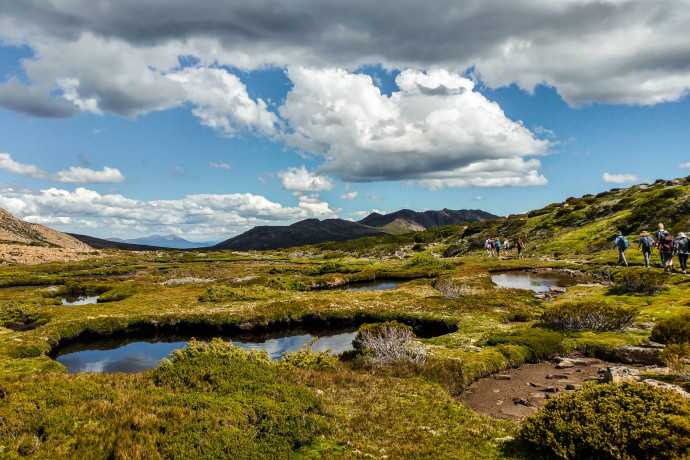 by Kellsy Nava-Lopez
by Kellsy Nava-Lopez -
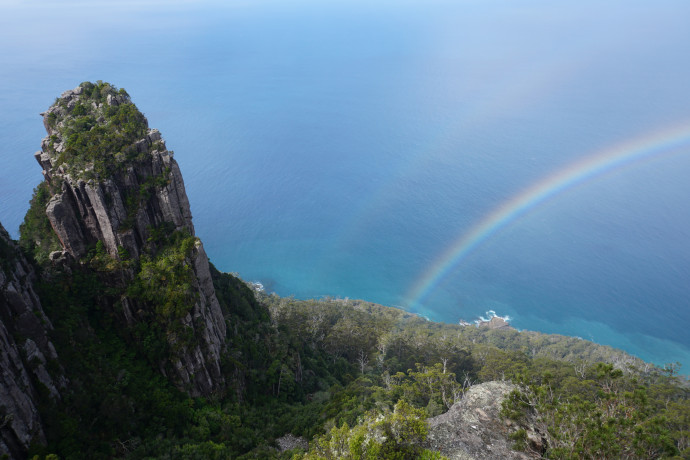 by Sami Zimmerman
by Sami Zimmerman -
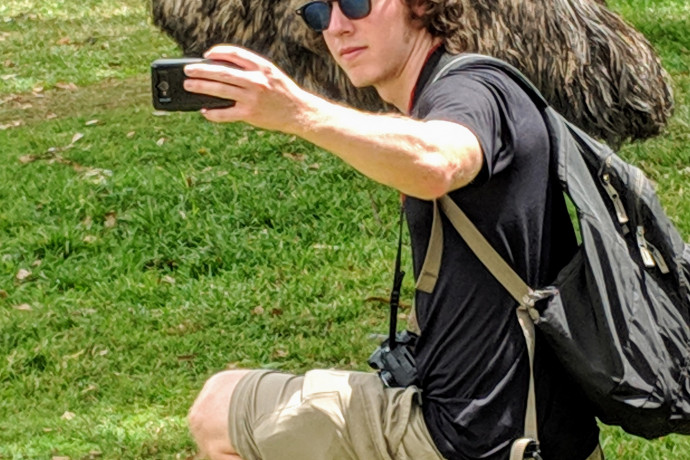 by Carla Nilsen
by Carla Nilsen -
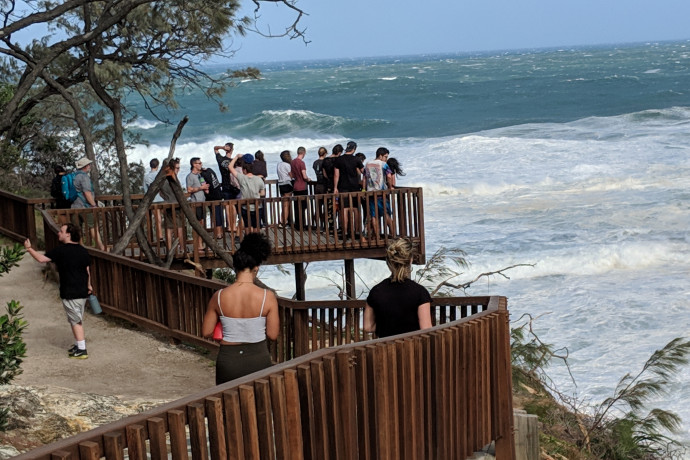
-
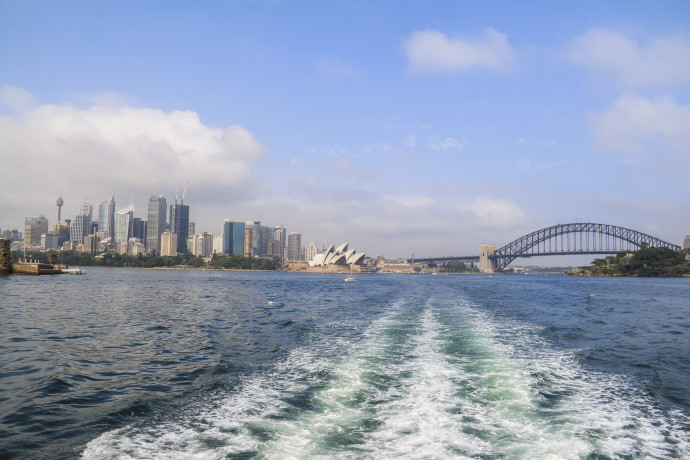 by Carla Nilsen
by Carla Nilsen -
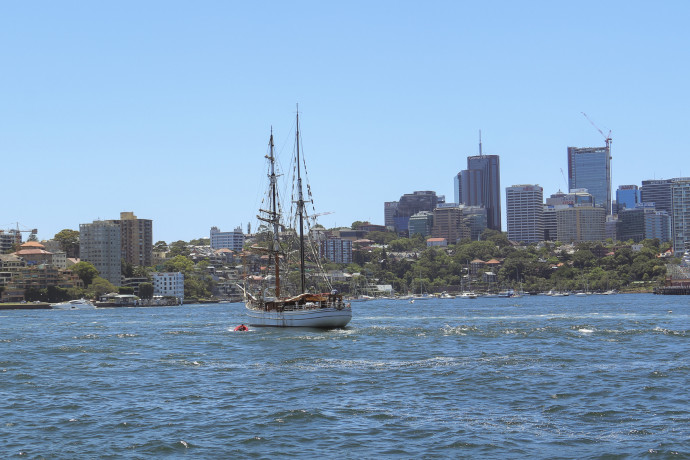 by Carla Nilsen
by Carla Nilsen -
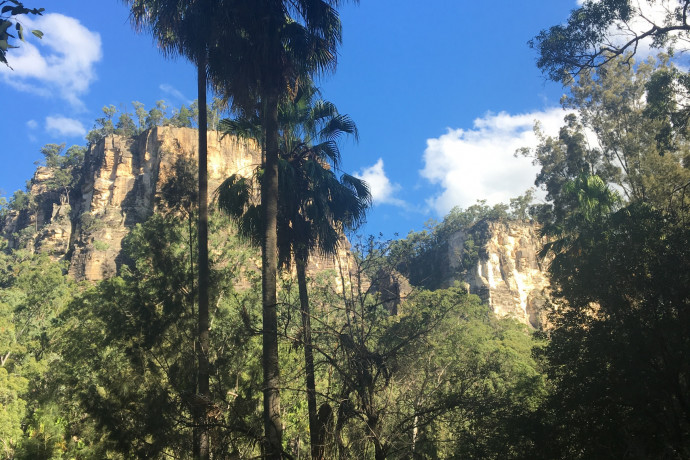
-
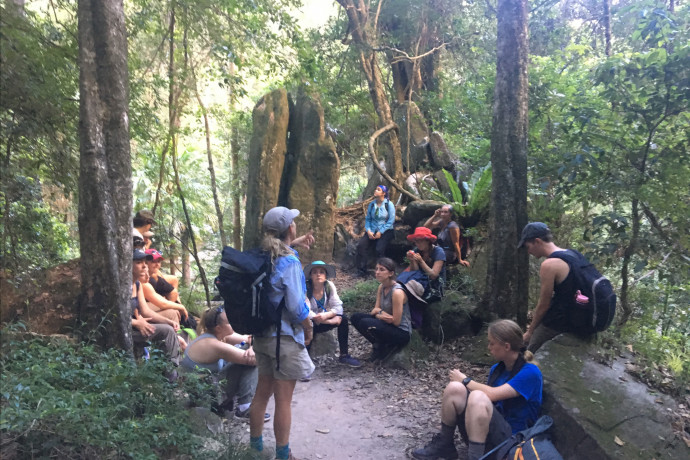
-
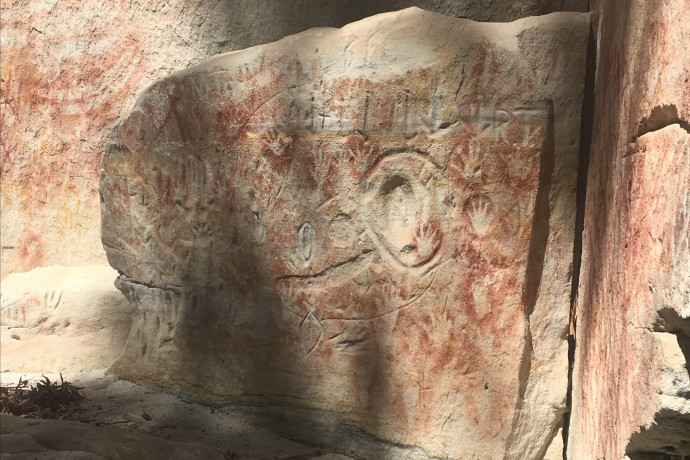
| Program Snapshot | |
|
Semester: |
Spring |
| Offered: | Annually (every three years is Australia: Biology); Spring 2025, Spring 2027 |
| Estimated Dates: | Early January to early April |
| Program Focus: | Regional Area Study |
| Prerequisites: | Minimum of 2.75 GPA is highly recommended. Students must satisfy the Words and Numbers CORE requirement before participating in an overseas program. |
| Housing: | Varies throughout the program |
| Spring 2025 Program Leader: |
Sarah Warren Associate Professor of Sociology and Latin American Studies swarren@lclark.edu, 503-768-7667 |
Program Design
There are four courses comprising the Semester in Australia program: Australian Area Studies, Indigenous Australian Studies, Studies of Contemporary Australia and Australian Natural History. An interdisciplinary approach has been adopted in the design of the four courses and a focus has been placed on practical learning through excursions and field studies. The courses should not be viewed as independent units, but rather the material in each course is intended to be interdependent on material covered in other courses. All attempts will be made to help you integrate the material across all four courses.
The early part of the program will be spent in Sydney and Brisbane, where lectures and excursions are aimed to provide you with insights into the historical, political and social contexts underpinning the development of modern Australian society as well as introduce you to important contemporary issues. You will be strongly encouraged to compare and contrast the structure and functioning of Australian society with that of the United States, and critically analyze how differences between the two societies impact on their respective citizens’ lives. You will have a lecture series in Sydney, held at the University of Sydney. In Brisbane you will also have a lecture series and live in homestay with Australian families. Later in the program you will spend time with Indigenous Australians, learning first hand about elements and concepts of their culture, and you will also spend extended periods of time in the field, studying and experiencing life in isolated rural communities and Australia’s diverse ecosystems such as rainforests, coral reefs and arid eucalypt forests.
A substantial amount of time has been set aside in Sydney and Brisbane for private research projects. Although the projects are guided by your accompanying faculty, advice will be available on your arrival in Australia for direction to resources if required. At the end of your stay in Brisbane, there will be presentations in which you will share the findings of your research with your fellow students.
Your Australian study experience will be guided throughout by your Lewis & Clark faculty leader, Global Education Designs’ program managers and more than thirty specialists -drawn from universities, community organizations and public service bodies in Australia — who contribute to the program by sharing their expertise with you. They will be contributing to your formal learning experiences in Australia, but you will also have many opportunities to learn outside of the classroom. By visiting some of Australia’s most beautiful places and interacting with a range of people with different customs and perhaps unfamiliar lifestyles, you will have the chance to further develop your cross-cultural skills and expand your view of the world in general.
The history of Australia, the world’s smallest continent and largest island, has been molded by its aboriginal population and diverse geography as well as by emigration from Europe (especially the British Isles) and Asia. Over the last two hundred years it has grown into a multicultural society with ninety percent of its population living in urban areas.
This physically and intellectually rigorous program pays particular attention to the role of the environment, immigration, and settlement in shaping Australia’s history and society.
Students participating in the program will become acquainted with the diversity of Australian cultures, Australia’s place in the British Empire from the early penal colonies through its participation in the two World Wars, its relations with the rest of the Pacific Rim, and the historical and contemporary dynamics of Australian ecosystems.
Based in Brisbane, study focuses on the history, literature, culture, natural history, marine biology, and contemporary issues of Australia’s urban coasts. Includes excursions to Sydney, the Great Barrier Reef, rainforests, and other locations of ecological and ethnic importance. Students live in hostels, tents, and with host families.
Onsite Staff: This program is delivered for Lewis & Clark College by Global Education Designs, an Australian based company. The GED program manager is Natalka Hardeman, or Nat, as she tends to go by. Nat is an experienced program manager and is passionate about ensuring the success of these programs. When she is not managing a program Nat works in the office coordinating all aspects of multiple study abroad programs. When she isn’t working, you will likely find her camping with her small family.
Academics
Requirements Fulfilled:
General Education - This program fulfills the Global Perspectives general education requirement for students who successfully complete 8 or more semester credits. IS 291 or IS 292 fulfills the Culture, Power, and Identity general education requirement.
BIO 115 fulfills the Natural Sciences requirement (may not be applied to the Biology major).
Credits: 16 credits (4 courses)
Curriculum:
IS 290: Area Study: Australia (4 credits)
The Australian Area Studies course introduces students to the history of European settlement in Australia and the development of Australian public institutions by looking at some of the major events in Australian history since 1788. Additionally, this course examines ideas relating to nation-building and cultural identity: how the identity of the country and its people is linked to the unique physical environment of the Australian continent and how that identity is conveyed in Australian art, literature and film. Area Studies also provides an historical framework for understanding the ways in which contemporary Australian society has developed.
IS 291: Contemporary Australia (4 credits)
This course introduces students to key aspects of contemporary Australian society and examines some of the social, political and environmental issues faced by Australians in their everyday lives. Topics include Indigenous Australian issues; multiculturalism and race relations; issues for families and young people; gender, sexuality and discrimination; environmental concerns and Australia’s place in the world. Students are expected to reflect on these issues in light of historical material covered in the Australian Area Studies and Indigenous Australian Studies courses and to keep themselves up-to-date with current events in Australia. As part of this course students will also undertake private research projects to investigate a related topic more thoroughly.
IS 292: Indigenous Studies (4 credits)
This course introduces students to the world’s oldest living culture, emphasizing the diversity and dynamic nature of Aboriginal and Torres Straight Islander cultures. With a high proportion of the teaching provided by First Australians, this course focuses on Indigenous perspectives and highlights the continuity that exists between millennia-old traditions and ‘modern’ lifestyles, while not ignoring the serious challenges faced by many Indigenous Australian people as a result of European invasion and colonization. A vital component of this course is a five-day camp, where students will have the unique opportunity to learn directly from Aboriginal and Torres Straight Islander teachers in an immersive context.
BIO 115: Explorations in Regional Biology: Australia (4 credits)
The Australian Natural History course introduces students to basic concepts of ecology. The course then applies these concepts to a range of Australian terrestrial and marine ecosystems: mangroves; sandy, rocky and muddy shores; sub-tropical rainforest; coral reefs and dry sclerophyll forest. This approach emphasizes the inter-specific relationships of Australian plants and animals and takes into account the evolutionary factors that have shaped the Australian environment. More often than not, the ‘great outdoors’ will be the classroom for this course and students will be encouraged to learn through practicing field study techniques and developing and carrying out field research projects. Throughout the course there will be increasing focus on sustainability and use of resources, using site-specific examples through the program.
Relationship to On-Campus Curriculum: The Australia program provides unique opportunities for students who are interested in ecology, in environmental, cross-cultural and imperial history, and in ethnic studies; it also offers a comparative perspective on democratic political institutions, Pacific Rim international relations, and socialized health care. As such, the program is attractive to students majoring in Biology, Environmental Studies, Sociology/Anthropology, History, Political Science, International Affairs, Economics, Communications, and Psychology.
Student Life
Housing:
Just as the program moves through a diverse range of environments, you too will be accommodated in a range of different accommodations, from remote and isolated beach camping, to tents in the rainforest, group lodges, motel rooms, dormitories and homestay families. At some accommodations your meals will be provided for you, while at others you will be able to shop for and cook your own meals.
When the program commences in Sydney students will be accommodated in individual College style rooms. During excursion or short trips the accommodation will often be dormitory style shared accommodation.
While in Brisbane participants will be housed with Australian families in Homestay Accommodation. Through living in homestay accommodation students will gain an understanding and appreciation of Australian culture and lifestyles. Students are encouraged to integrate themselves into the life of their host family. Evening meals will be shared with the family throughout the week and there is an expectation of engagement and exchange between family and student.
When traveling to field sites accommodations will most often be two person tents. Some remote locations will have limited facilities, no access to power, internet or phone reception.
Extracurricular Activities:
There will be two short breaks (5-7 days) in the program that will allow you time to make your own plans and explore regions of interest to you. Often these periods of independent travel will commence in Sydney and then finish in Brisbane allowing participants to travel along sections of the East Coast of Australia at their own pace.
Throughout the program there are many scheduled excursions, events, sporting games, theatre performances, museums and art galleries.
There are also a number of weekends where participants will have free time, particularly in Brisbane. They may wish to plan their own weekend adventures to explore the surrounding region, or their host family may invite them to join in family activities. In country staff will be happy to assist with suggestions once you arrive.
Cost
2023-2024 Fee Breakdown*
Total Fee (includes Tuition, Program Fee, and Health & Wellness Fee): $39,385
Tuition: $30,958
Program Fee: $8,390
Health & Wellness Fee: $37**
Included in the program fee are room/housing, board/meals, and administrative fees. Not included are airfare, passport and visa expenses, primary insurance coverage, photographs, books, immunizations, and incidentals.
*Fees are updated every February for the following academic year.
**The Health & Wellness Fee supports the operations of Wellness Services staff in delivering pre-program orientation services, as well as in providing health-related consultation regarding participant health needs. All students in the College of Arts and Sciences pay a mandatory fee of $37 per semester.
Stipend: Students will receive a stipend to cover the cost of meals and transportation costs not covered by the program fee.
Estimated Airfare (Round Trip PDX to SYD, BNE to PDX): $1,500 - $2,000
Estimated Health Insurance Fee: $1,943.50
All students participating in overseas programs are automatically enrolled in iNext, a supplemental travel insurance program. The fee for iNext is covered in the program cost. However, students are also required to have comprehensive health insurance during their time abroad. All students participating in overseas programs, both abroad and domestic, are automatically enrolled in the College’s student health insurance program. Similar to a regular semester on-campus, students participating in overseas programs may waive enrollment in the student health insurance program if they have other comprehensive health insurance (e.g., through a parent, guardian or employer) that 1) provides coverage for them in the geographic region in which they will be studying and 2) includes mental health benefits. Click here for more information regarding health insurance & overseas programs.
Program Preparation
Application Process: Applications are due one year before the start of the program.
Visa: Students will be required to apply for a visa in order to participate in this program. More information will be provided upon admission to the program.
Country-Specific Health Information: Click here to view specific health information for people traveling to Australia.
State Department Country Information: Click here to visit the State Department’s Australia page.
Australia
Blog Posts
Australian Beginnings
Farewell
Sea Turtle Scuttle
Overseas and Off-Campus Programs is located in room 206 of Albany Quadrangle on the Undergraduate Campus.
MSC: 11
email overseas@lclark.edu
voice 503-768-7295
fax 503-768-7300
Director Blythe Knott
Overseas and Off-Campus Programs
Lewis & Clark
615 S. Palatine Hill Road MSC 11
Portland OR 97219
